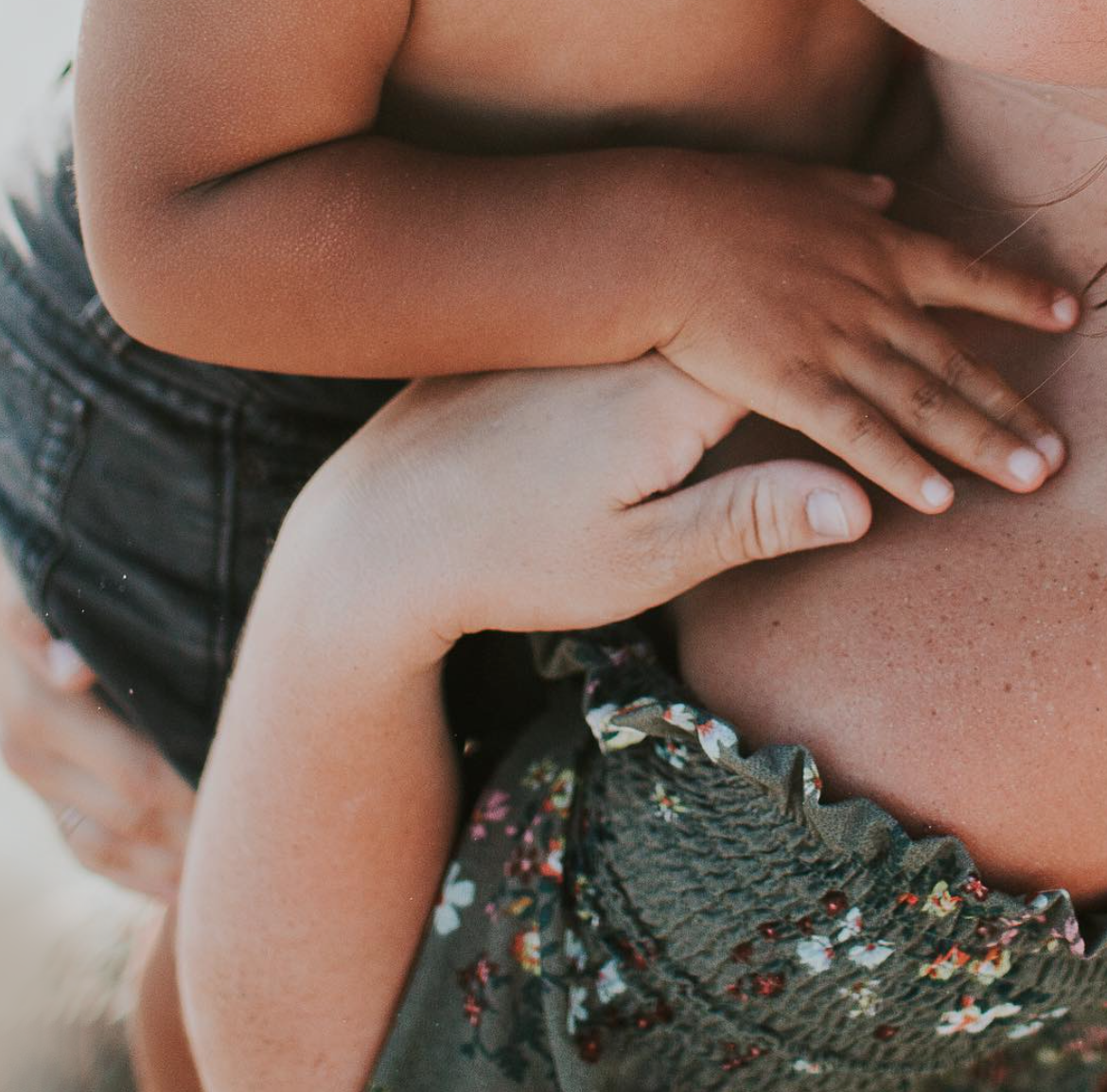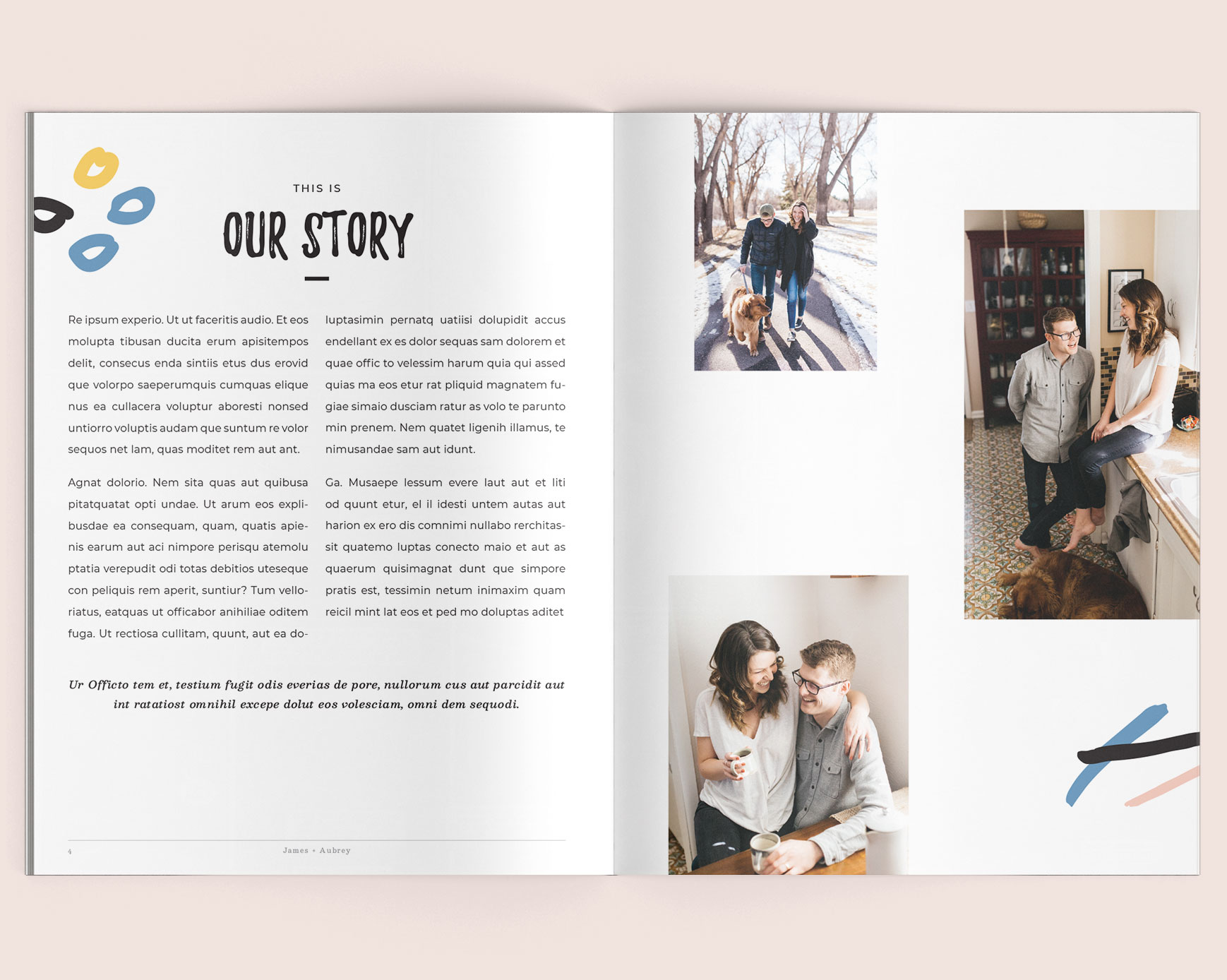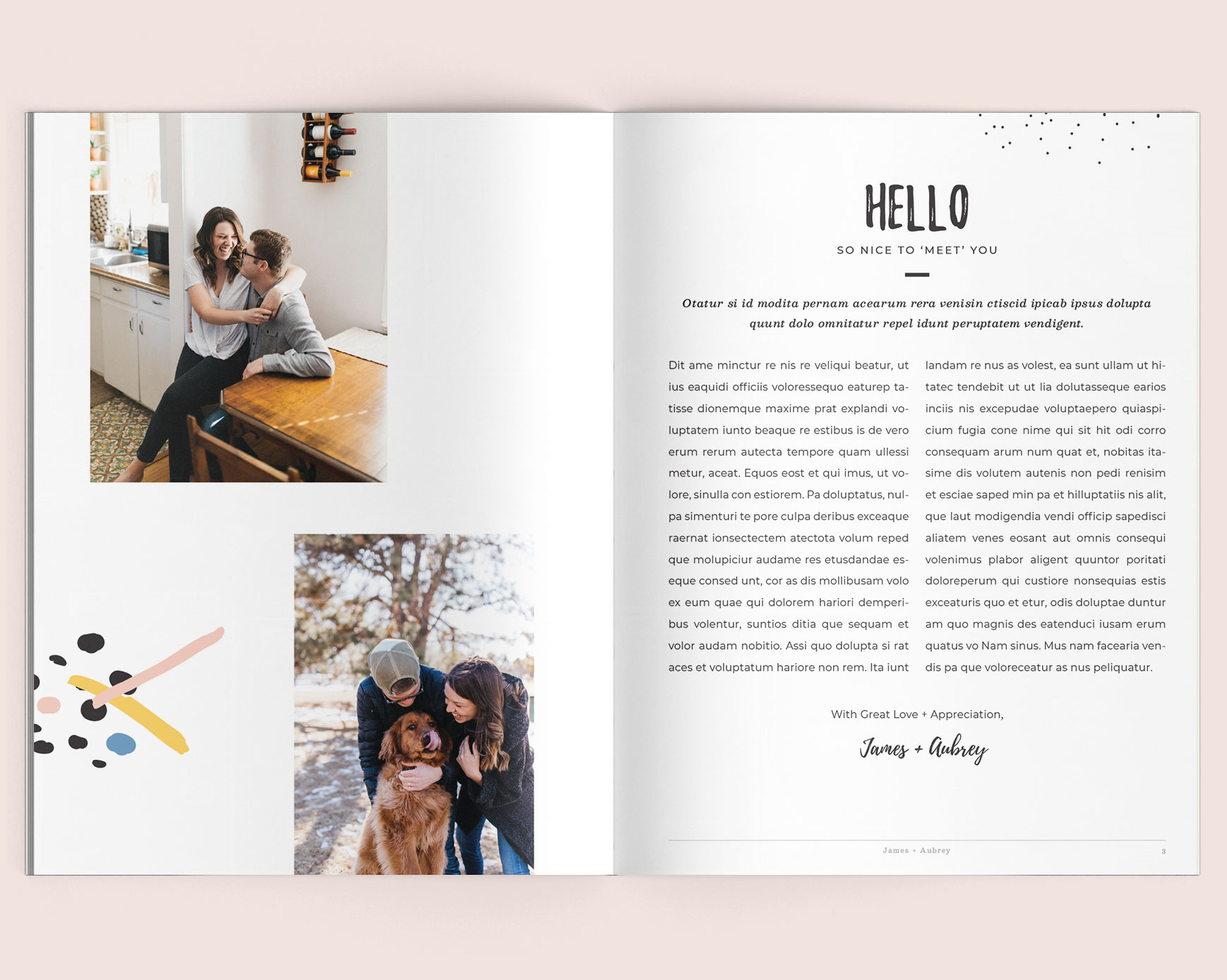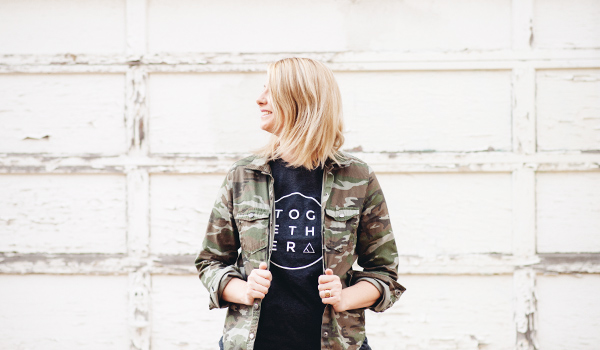International adoption is very different from domestic adoptions for many reasons. The biggest differences are that the adoptee’s citizenship changes and there is likely little information about the adoptee’s birth families. As a Russian adoptee, I loved just about everything about Russia growing up. My family consists of my mother, father, and my sister who is also a Russian adoptee that is not biologically related to me. Together, we would all cheer on the USA and Russia in the Olympics. My father still sends me videos of Russian dancers or culture videos and he even speaks a little Russian. I have always wanted to learn all I can about the country I was born in.
In elementary school, every time I learned about Russia, I felt a tug of emotion and excitement to learn about this country that was almost mine.
I remember one of my teachers asked me to do a report on Russia in elementary school. Everyone was randomly assigned a country, but they chose Russia for me and I was ecstatic. That teacher was very wise and privately asked me if I wanted to study Russia. With my specific personality, this was such a fun experience for me. For other children, they may feel negatively singled out or shamed. While your child grows and develops into who they are, be watchful of opportunities that may be sensitive or exciting for them. Your child may have a strong reaction to school lessons about anything related to their birthplace. There were times where I saw Russia as an exciting thing to learn about, and another time in a history class I would be reminded of a birth history and relations that are unknown to me. Today, it is really amazing that domestic adoptions usually provide the opportunity to have some level of openness with the birth family if that is what is best for the child in their situation. It is hard wondering about what could have been, but I am also forever thankful for the life I have now. I am also thankful to have my sister who has a very similar story to mine.
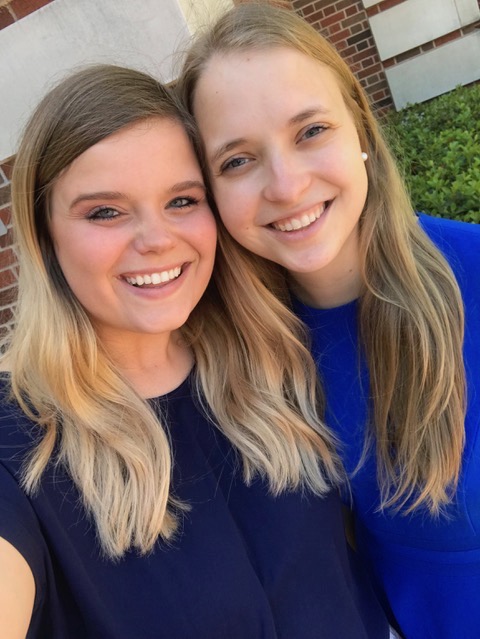
My sister and I are now a part of a big social media group just for Russian adoptees. It really has been incredible and eye-opening to be part of this online community and seeing the uniqueness of my circumstance, learning about other adoptees good and bad stories, and connecting to each other as adoptees. Many international adoptees struggle with identity and holding the tension between their birthplace and present reality. When I was in elementary school, if someone said something about Russians, I would automatically equate that quality to myself. I wanted to learn about the culture while also constantly being on the outside. All international adoptees have probably felt similar to me in that there are many different thoughts when their birth country is mentioned. There are many adoptees from all different countries with different cultures and traditions, and it is important to be encouraging and respectful of birth heritage. Each adoptee, throughout life, will have differing opinions on the level of information they want or need about their birth culture. I wanted to take a Russian class in college, but my sister did not even consider this. It is important that if your young child seems disinterested, check in on them as they get older every year to see if their desire to learn more has changed. Some adoptees do not want anything to do with their history before they were adopted. Some international adoptees that were adopted later in life are more culturally related to their birth country.
International adoption is another layer to add on to the world of adoption. Many international adoptees are not the same race as their parents, so they are transracial adoptees from intercountry adoption. This may make their status as an adopted child more obvious. I do not look exactly like my parents or sister, but we are all the same race. My mom recalls a certain instance where a few people did not believe I was adopted. “I don’t believe you,” was the reply from a dance teacher growing up after I told her I was adopted from Russia. Maybe it was my lack of dance skill or that I had blue eyes like my dad and sister, but I was offended and sad that they did not believe I was Russian or adopted. I was proud of my Russian heritage and of how my family came together. My parents always let me share my adoption story when I felt comfortable doing that.
Everyone can think about what life might have been like if circumstances were
different, but those thoughts are all more real for adoptees, especially international
adoptees. I am culturally American and genetically Russian and I have come to learn
that, it is something special.
It is important that people learn from adoptees – that is why I wrote my story and compiled the stories of 50 other adoptees from different countries, backgrounds, opinions, and perspectives, into my book Through Adopted Eyes.
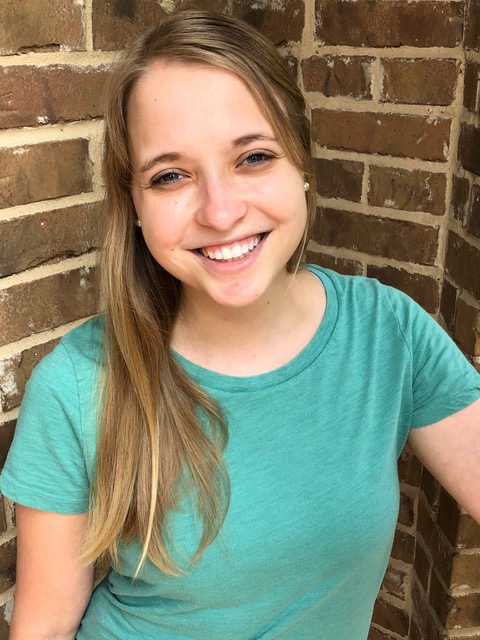
Elena Hall is the author of Through Adopted Eyes: A Collection of Memoirs From Adoptees. She is an international adult adoptee who is about to graduate with her Masters in Social Work with hopes of working with the adoption triad. Elena’s passion for adoption advocacy stems from her faith and family. She is a fast talker, lover of all things gluten, and loves to sing and dance. Elena wants to help unite adoptees to share struggles, joy, and uniqueness of their own adoption stories to promote healing and advocacy.”
